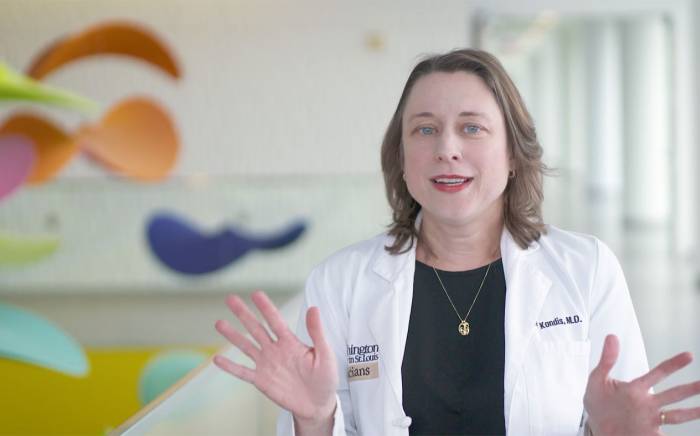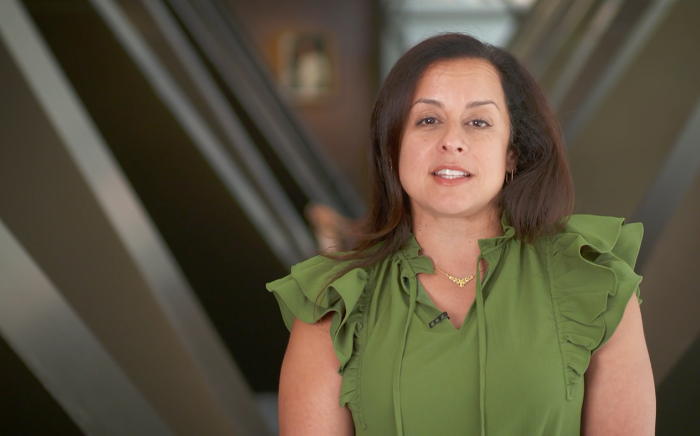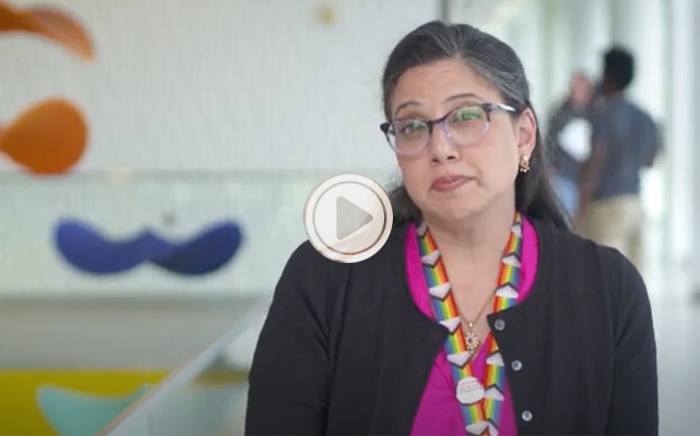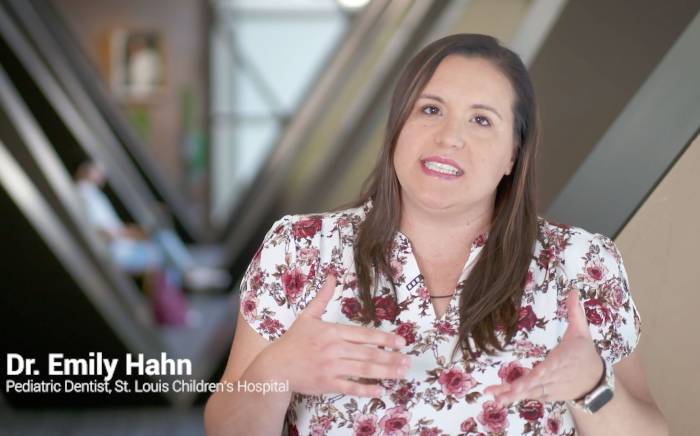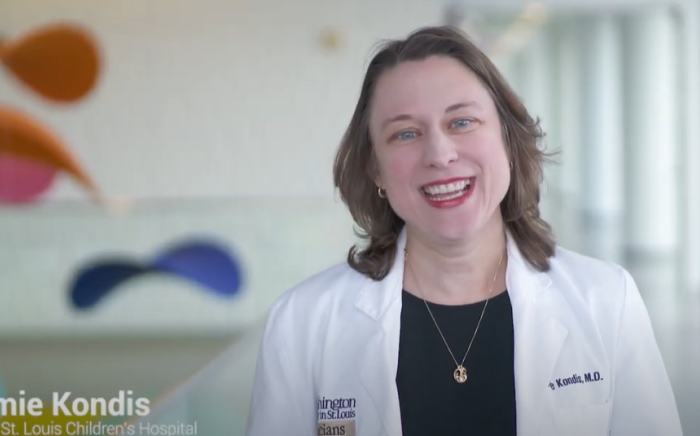Sports activity is starting at younger and younger ages. Some of these sports can be highly competitive and require long hours of practice and game play. This increase in daily and weekly activity can lead to “overuse injuries.” These injuries occur because of stress on the bones, tendons, and ligaments from repetitive activity.
What are shin splints?
One of these overuse injuries is shin splints or medial tibial stress syndrome. This refers to pain along the shin bone (tibia). The pain will initially occur only with activity but can worsen to cause pain even with walking and at rest. Shin splints occur because of inflammation of the muscles and outer part of the shin bone called the periosteum. They tend to occur in athletes that participate in a lot of running as part of their sport. They also tend to occur with an increase in activity (such as the beginning of a sports season) where distance or mileage of running increases quickly. It is also more common in athletes that have very flat feet or very arched feet or who have worn out footwear.
What will your doctor do?
Your doctor may get an x-ray to look for a stress fracture (a small crack in the bone from overuse) that can look much like shin splints.
How are shin spints treated?
- Rest from the activity causing shin splints will often be prescribed.
- Substitution of lower impact activities (swimming, biking—putting less impact on the lower leg)
- Stretching the lower leg muscles
- Ice and non-steroidal anti-inflammatories
- Shoe inserts
- New, improved fitting footwear
- Slow return to sports at a gradual rate after pain has improved.
Can shin spints be prevented?
Shin splints can be prevented by starting exercise gradually and building up at a slow pace. Cross training on off days can also help by putting less impact on the lower leg. Choosing supportive footwear appropriate for foot shape is important along with changing out shoes often.
To request an appointment with a physician at St. Louis Children's Hospital, call 314.454.5437 or 800.678.5437 or email us.




